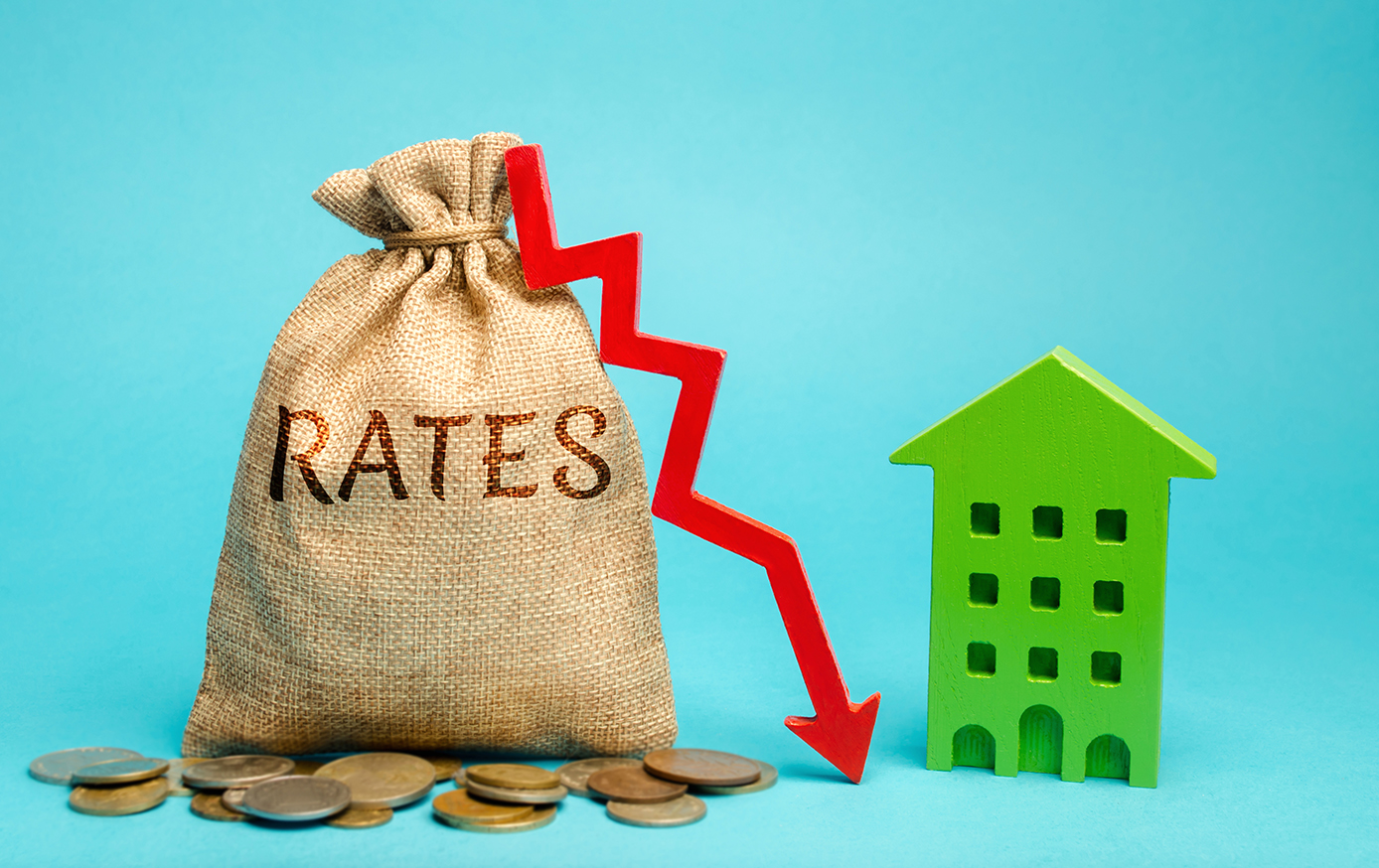Until Canada’s economy recovers, customers will enjoy low rates to stimulate the economy
By Erika Morris
The Bank of Canada announced on July 15 that interest rates will not be rising and will, in fact, probably stay at their record low of 0.25% for another three years.
The rates will go up only once inflation gets back to 2%, Canada’s central bank said in a press release, and that, it says, is unlikely to happen until at least 2023. Inflation was negative in April and May.
In March, the Bank of Canada’s interest rates were at 1.7%. The rates dropped once the pandemic hit to encourage borrowing and investing to stimulate the economy.
People should be taking the opportunity to borrow thanks to good rates for personal loans. Mortgage rates are also at an all-time low. Experts say that those who pay more than 3% should consider renegotiating their mortgage to potentially save thousands over the next few years.
The bank’s decision comes amid great uncertainty among Canadians relating to their health and jobs. The bank expects to see a quick but partial economic recovery followed by a slow and bumpy recuperation.
Low-income earners have been hit the hardest with job losses and cuts in earning, thus pushing households to their financial brink. Higher-income households have been more concerned with repaying their debts and adding to their savings.
Canada’s economy is expected to shrink by 7.8% this year, then rebound by 5.1% in 2021 and 3.7% in 2022, according to the bank’s predictions.
The bank buys $5 billion in federal bonds weekly to support the credit market, and will continue to do so until the economy recovers, according to a press release.
Canada’s GDP escaped the worst-case-scenario predictions made in April, but nothing is set in stone. A second wave of the pandemic, lags in the lifting of restrictions, and delays or advances in treatment and vaccine developments for COVID-19 could all affect the country’s recovery.
Photo: iStock/Andrii Yalanskyi.






